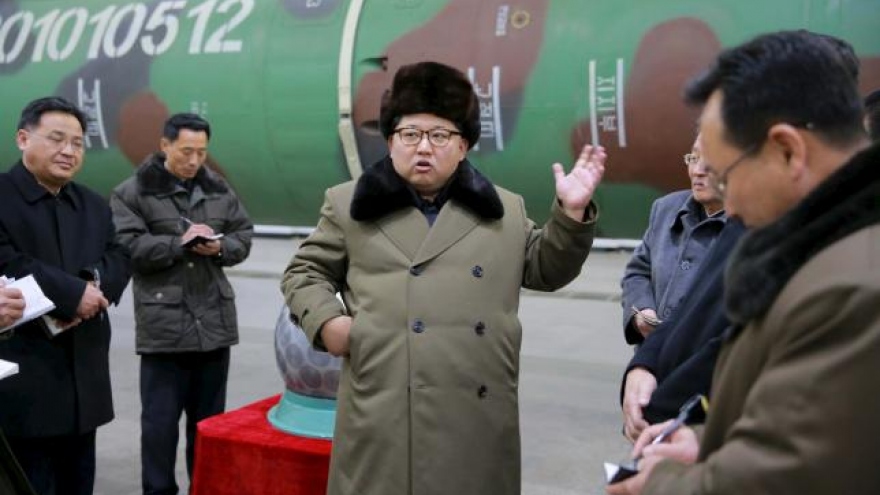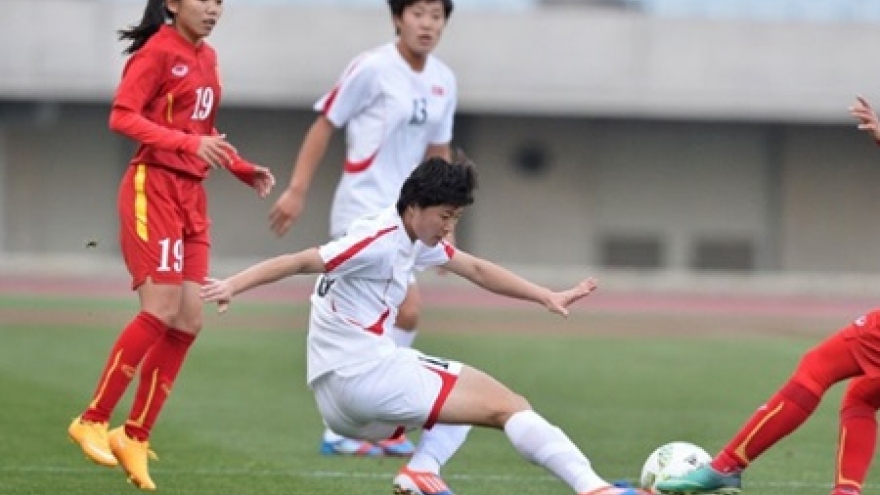Who can resolve the Korean peninsula issue?
VOV.VN - The situation on the Korean peninsula is tense, as usual, following new sanctions against the Democratic People's Republic of Korea (DPRK) in response to its recent nuclear test and missile launch.
The Republic of Korea (RoK) on March 8 unleashed a wave of sanctions against DPRK that includes banning ships that have visited DPRK ports in the past 180 days from its waters. The Republic of Korea also blacklisted 38 DPRK officials, 2 foreigners, and 30 organizations involved in DPRK’s nuclear and missile programs. The RoK citizens abroad have been warned not to visit DPRK restaurants and RoK has officially halted the “Nanjin-Khasan” cooperative project with Russia and DPRK.
Expected reaction
Faced with sanctions and responding to a joint military drills by the US and the RoK, DPRK warned that it might use chemical weapons. It has rejected the UN sanctions and strengthened its arsenals, saying it is ready to deploy nuclear weapons and ready for a preemptive attack.
 |
| The UN Security Council has passed four resolutions against DPRK after the country carried out its first atomic test in 2006. |
What can bring DPRK back to the negotiation table?
The public has doubts about the UNSC sanctions. 4 resolutions and increasingly tougher sanctions issued since 2006 have not eased tensions on the Korean peninsula nor persuaded DPRK to abandon its nuclear program.
It is hoped the new UN sanctions will bring the DPRK back to the negotiation table. China, which has usually refused to vote on resolutions against DPRK, has cooperated with the US on issuing the new sanctions. Both countries agree that DPRK must not develop nuclear weapons and must return to the negotiation table. Beijing has imposed sanctions on DPRK, including blacklisting a number of DPRK ships.



